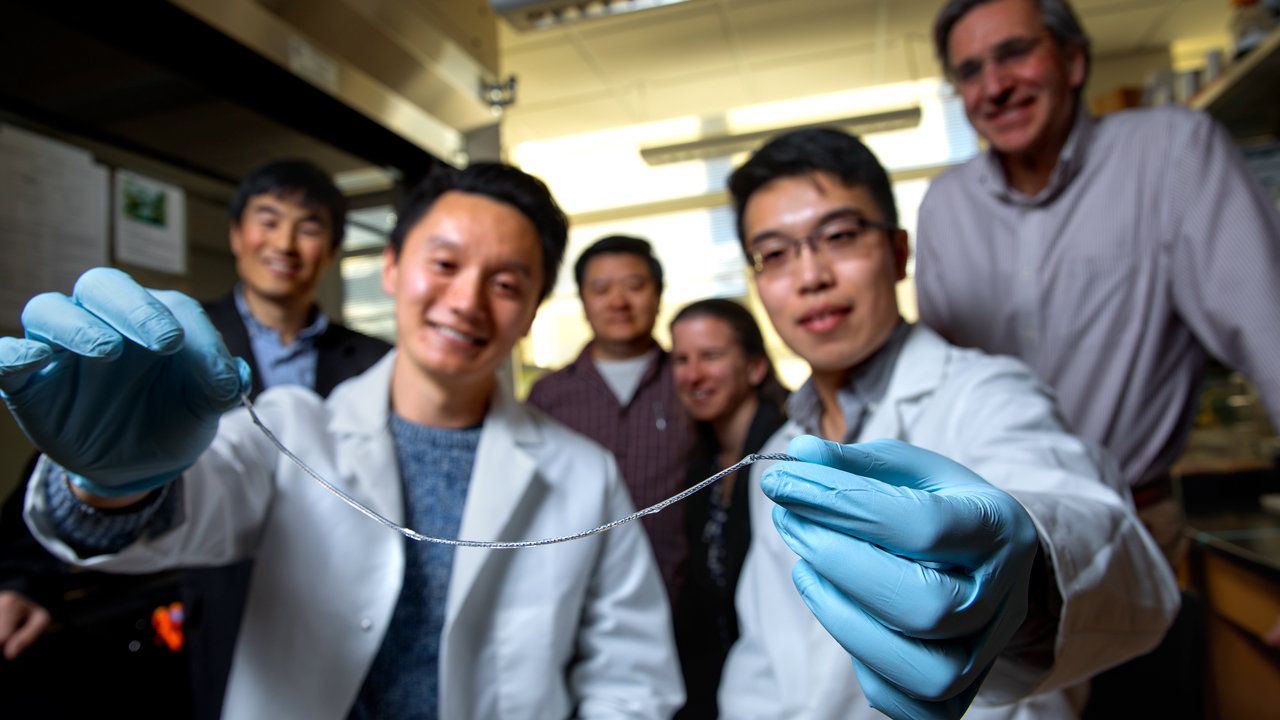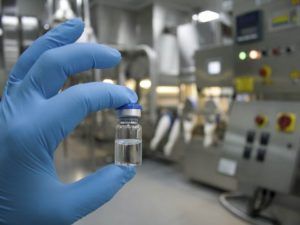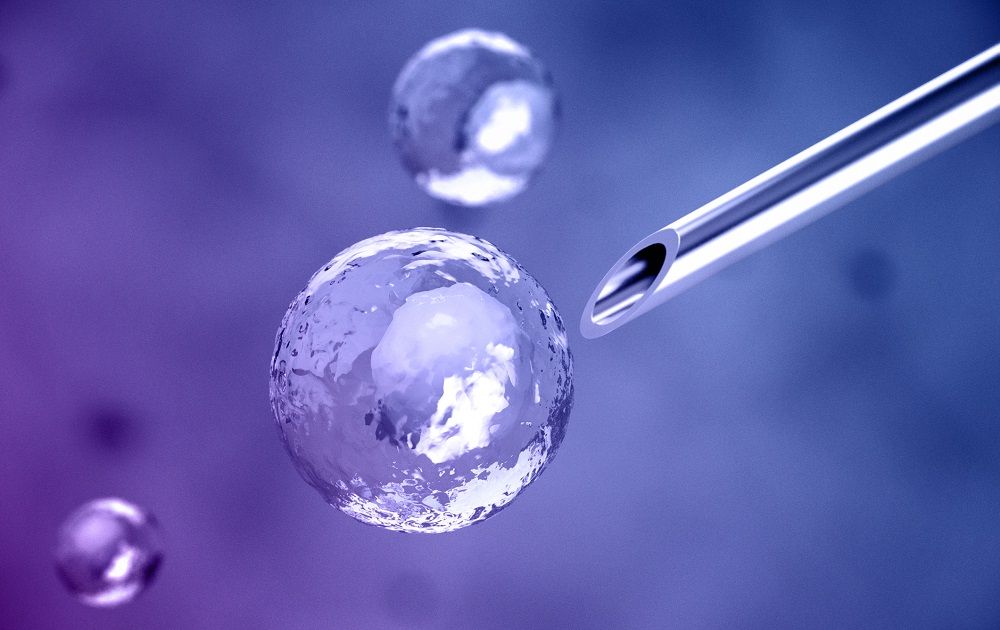Jan 2, 2018
Spider’s web inspires removable implant that may control type 1 diabetes
Posted by Paul Gonçalves in categories: biotech/medical, materials
For the more than 1 million Americans who live with type 1 diabetes, daily insulin injections are literally a matter of life and death. And while there is no cure, a Cornell University-led research team has developed a device that could revolutionize management of the disease.
In Type 1 diabetes, insulin-producing pancreatic cell clusters (islets) are destroyed by the body’s immune system. The research group, led by assistant professor Minglin Ma from the Department of Biological and Environmental Engineering, has devised an ingenious method for implanting hundreds of thousands of islet cells into a patient. They are protected by a thin hydrogel coating and, more importantly, the coated cells are attached to a polymer thread and can be removed or replaced easily when they have outlived their usefulness.
Transplantation of stem cell-derived, insulin-producing islet cells is an alternative to insulin therapy, but that requires long-term immunosuppressive drug administration. One well-researched approach to avoid the immune system’s response is to coat and protect the cells in tiny hydrogel capsules, hundreds of microns in diameter. However, these capsules cannot be taken out of the body easily, since they’re not connected to each other, and there are hundreds of thousands of them.
Continue reading “Spider’s web inspires removable implant that may control type 1 diabetes” »

















